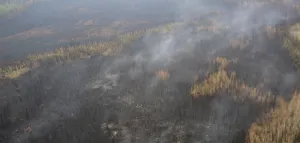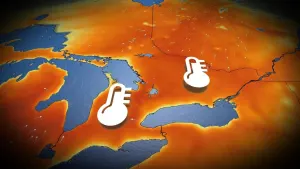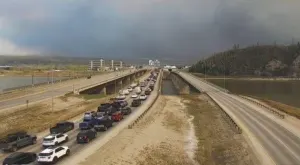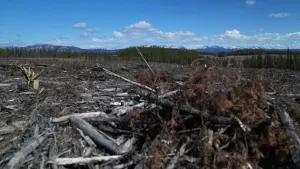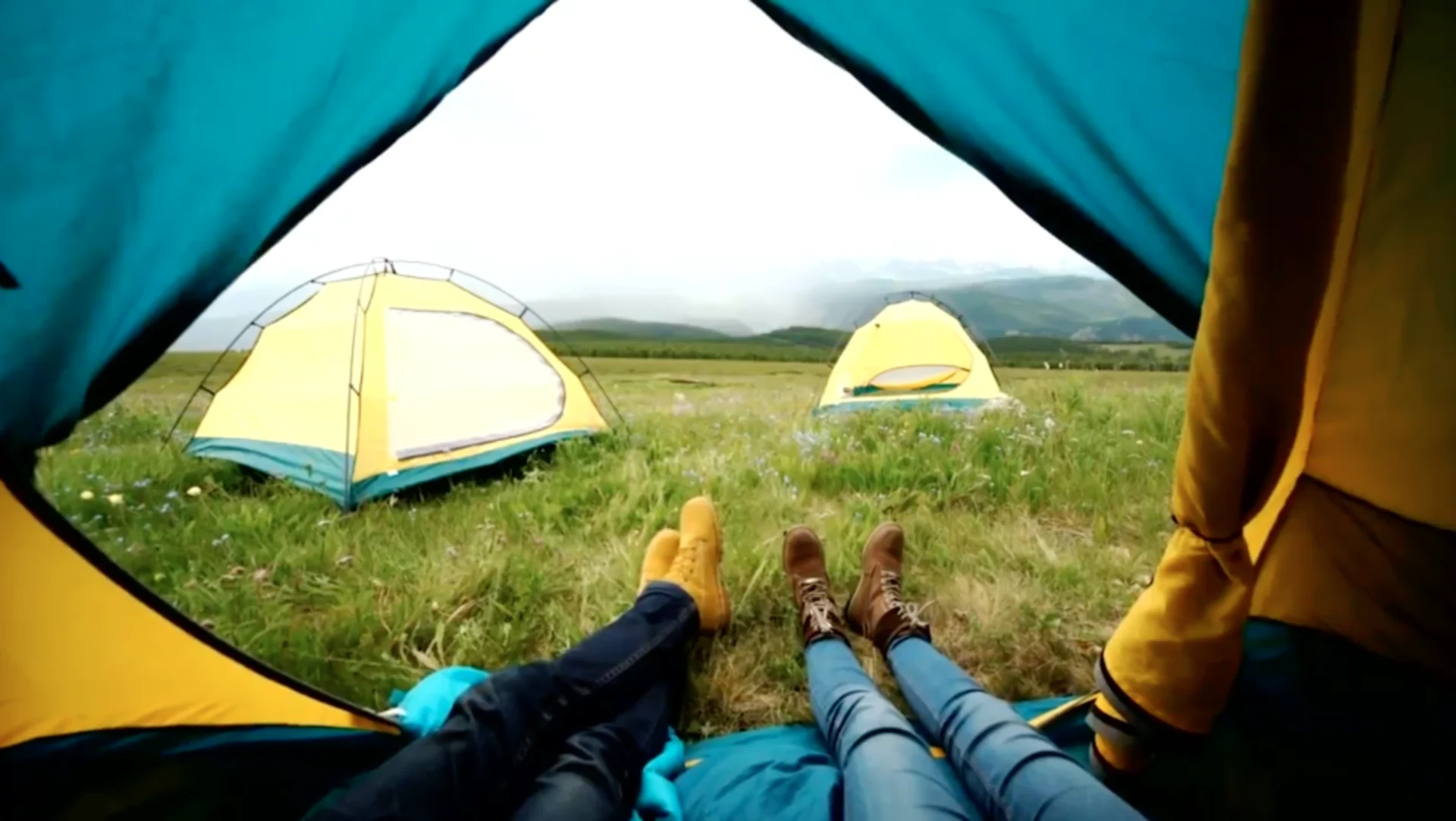
5 essential tips for backcountry camping
Backcountry camping seems like a perfect outing in the best of times; you're free from crowds, it's close to home, it's cost-friendly, it's really the ultimate pandemic activity as well.
Backcountry camping is where you pack up all your needs, (gently) toss them on your back, and head into the woods or mountains. Unlike "front country" camping, where you are close to restrooms, running water, or likely a vehicle, backcountry camping requires a bit more planning.
Before you head "Into The Woods", "Climb Ev'ry Mountain", or live out your musical adventure, make sure to consider these five tips:
1. TENT SITE SHOULD BE FLAT AND WELL-DRAINED
It's so not fun going to sleep at one end of the tent and waking up on the other, likely crushing a few innocent tent-mates on the way. In order to keep the peace, in so many ways, find a flat surface with good drainage. Finding somewhere higher in the campsite could be a good way to avoid areas where water could collect. And then no one will be tired or wet :)
2. TENT SITE SHOULD CONSIDER WIND FACTOR
In regards to wind, there are two considerations to be made when selecting a site to set up camp. One, if it's windy, you may want to seek out trees as a natural wind barrier. Two, if it's too windy, and there are risks of trees/large branches falling, you should stay clear of these potential dangers. It's recommended to check The Weather Network for wind projections and plan accordingly.
3. DECIDE IF YOU WANT A SUN ALARM CLOCK
There are two schools of thought when it comes to where your tent door should face. The first one is that your door should be facing east, so you can join the day in waking up. The second one suggests that the door should face west, so you don't feel like a little hors d'oeuvres pig in a blanket as you bake in your sleeping bag. This kinda comes down to how early you want to wake up.
4. PICK A SITE NEAR-ISH TO WATER
You definitely do not want to be on the water, unless you have the urge to be the lord of the flies. Or want to increase your chances of having an uncomfortable encounter with a bear (check out: Be 'bear aware' this camping season: What you need to know). But you want to be near enough to water so you can access it for your cooking and cleaning needs.
5. BE BEAR PREPARED
If you're heading into bear country, you must be prepared. This of course includes being armed with bear spray. It also includes bringing a bear-proof bag and storing anything with a scent in it. When not in use, take your food, drinks, creams, sprays, toothpaste, toothbrushes...anything with an odour, put them in a bear-proof bag and use a tree, string, and physics to make some sort of pulley system to suspend the bag high into the air.
Those five tips are some of the essential considerations when backcountry camping. Some backcountry camping areas require a permit, so figure that out before you hit the road.
As far as timing goes, aim to get to your campsite no later than two hours before sunset, so you have enough time to set up your tent.
And lastly, mentioning the obvious, take back whatever you brought in. Future campers and nature will thank you.
Watch the video above to see these tips in action.






